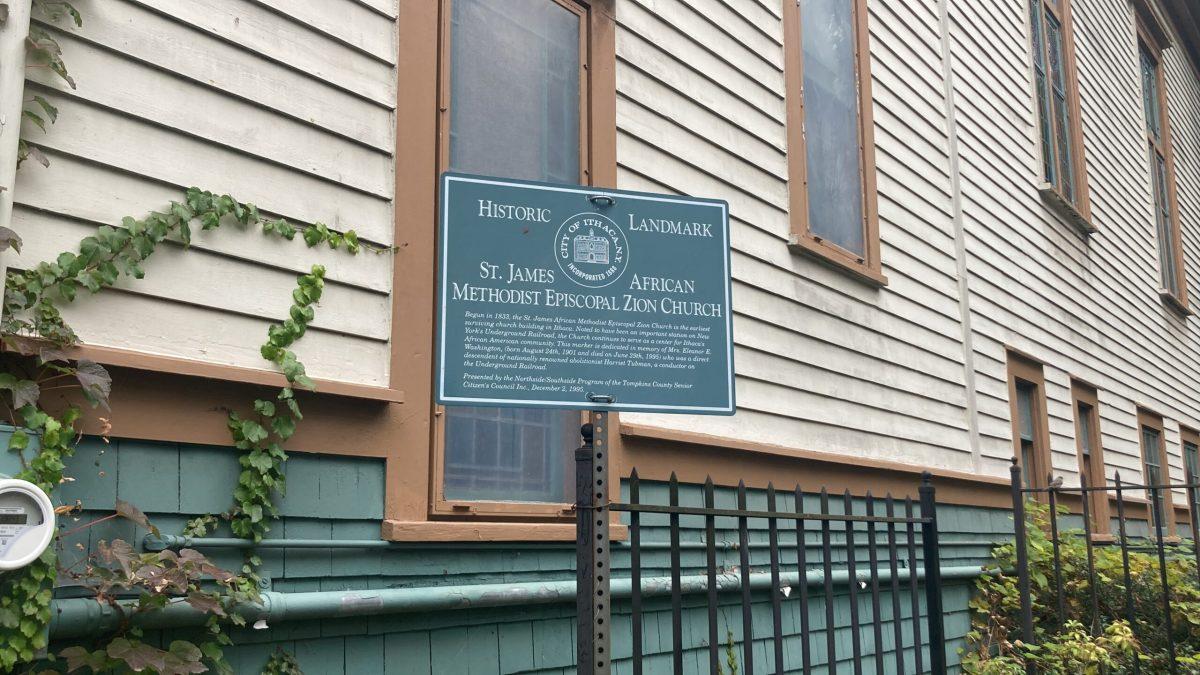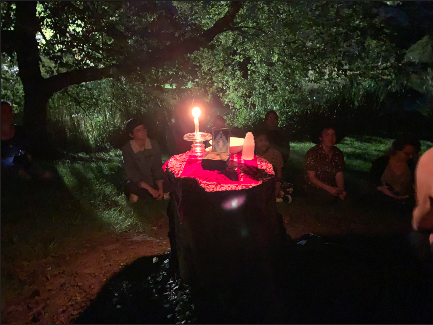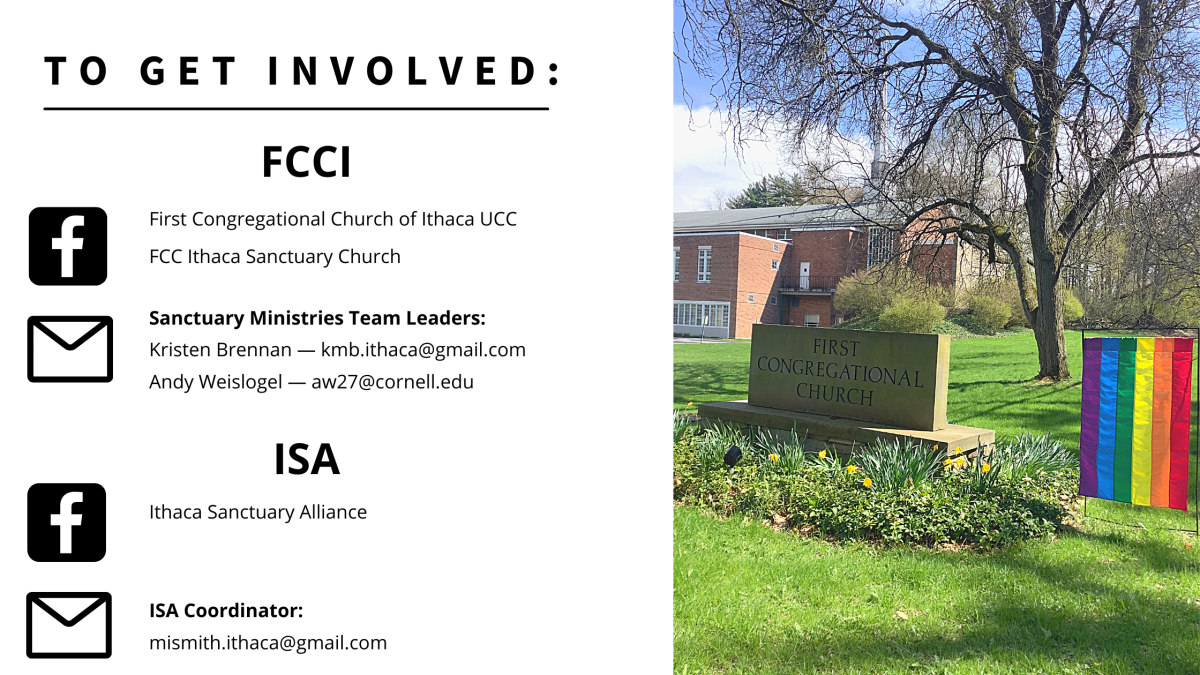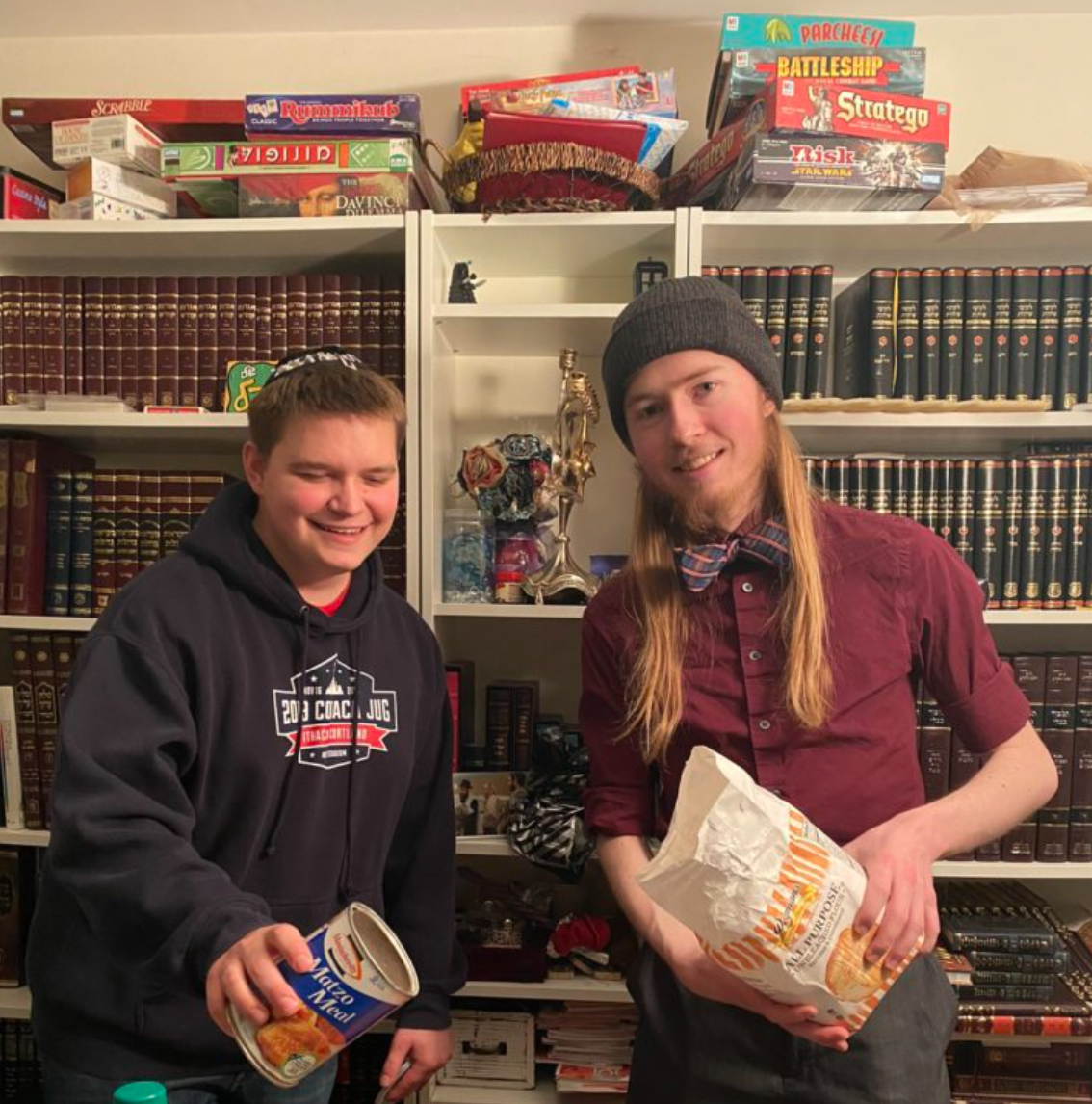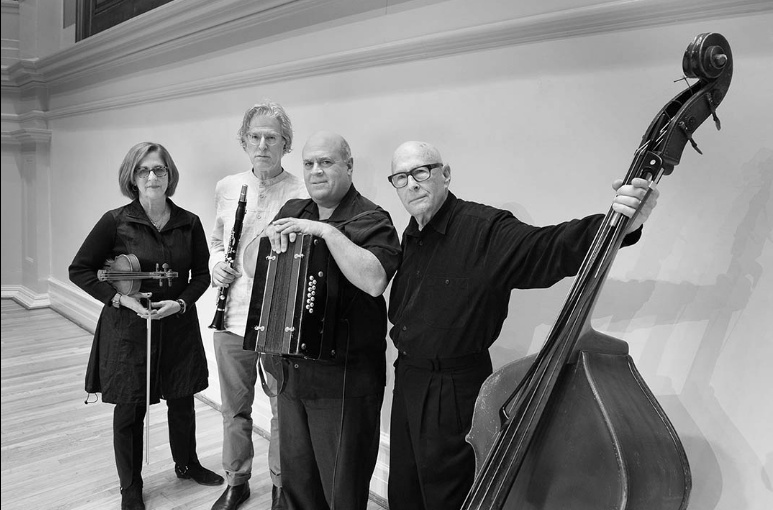This is how Chandrasekaran’s family usually celebrated the traditional Hindu holiday of Diwali, the Festival of Lights.
“Diwali was that one special day where you’d get all these new clothes and you’d get all these sweets, and all this food, which was not normally accessible,” Chandrasekaran, a graduate student at Cornell University and Vice President of Events for the Cornell India Association, said.
Generally celebrated on Nov. 3 in the United States, Diwali has gained much national attention, with an estimated 2 million people celebrating the holiday in 2011, according to the Huffington Post. On Saturday, officials in four Michigan cities made Sunday, Nov. 3, ‘Diwali Day,’ and a national celebration of the festival took place on Tuesday on Capitol Hill, as it has for the past five years.
“Though it’s a Hindu festival, a lot of people come out and celebrate it, it’s not only a Hindu thing anymore I think,” Chandrasekaran said.
Cornell’s activities programming reflects Diwali’s growing popularity, hosting a slew of Diwali related events that address everything from themed dinners to Diwali Pujas, the religious service component of Diwali.
“Basically this sort of service has two aspects to it, part of it is inviting the gods to be present for our service, and then the rest of it is entertainment. So basically we sing songs. They’re devotional, they’re supposed to be fun and artistic,” Lipi Gupta, Co-President of Cornell’s Hindu Student Council, said.
Though traditions vary between families and regions, Diwali still works to bring communities together.
“We’ll call everybody. On Sunday, my phone will be non-stop calling each other,” Sandhya Patel, an Ithaca resident who celebrates Diwali and the New Year, said. “All the friends and family, all over. We call India, my parents, my extended family in India.”
For Chandrasekaran, the holiday is not only about community, fun and food, however, it is also about paying homage to the Hindu faith itself.
“For me personally, I think it’s a way of remembering the past and kind of reminding ourselves, well these gods did these things for these reasons, and so I think in a way it’s kind of reminding us that this is important for us.”


